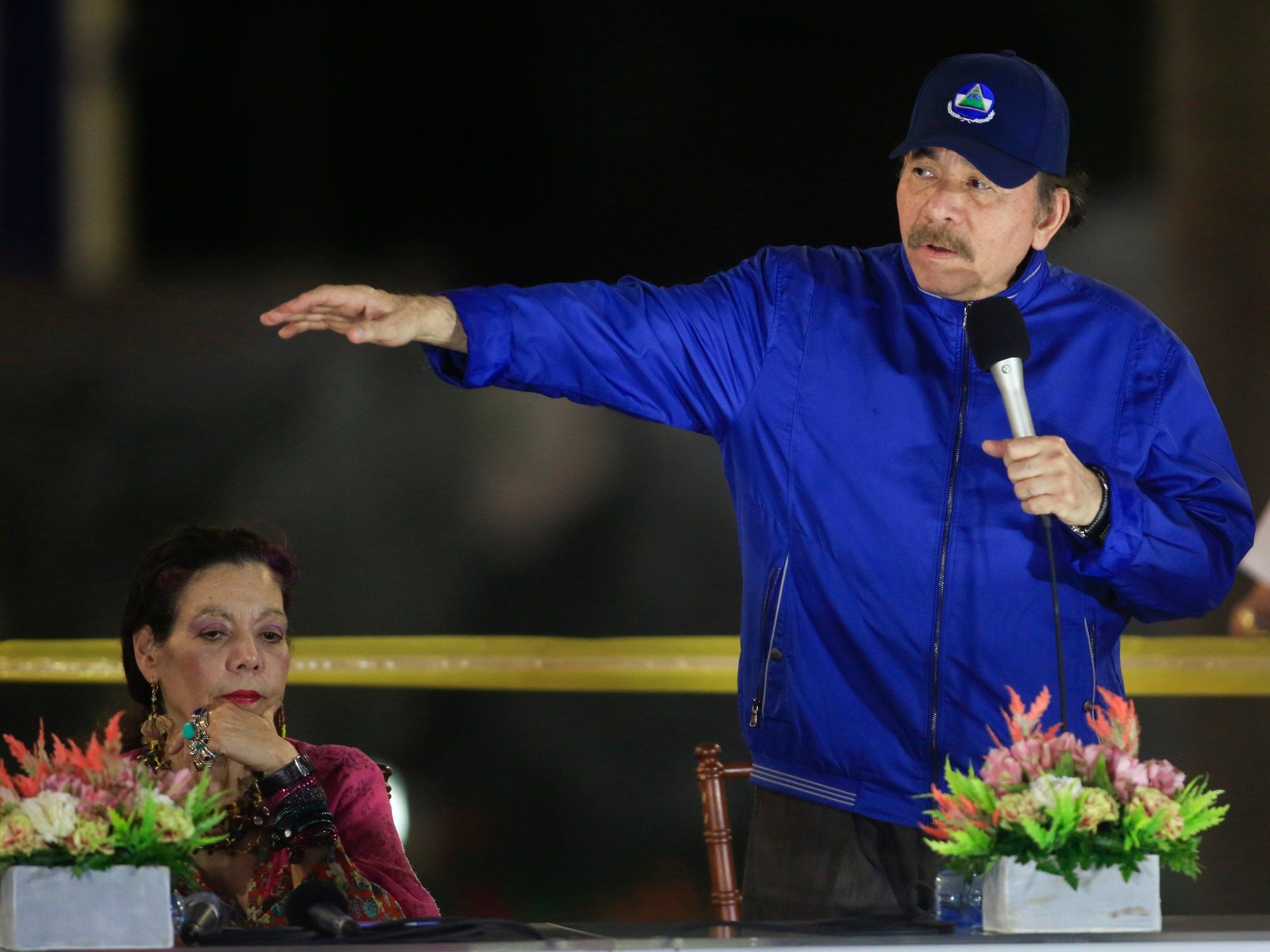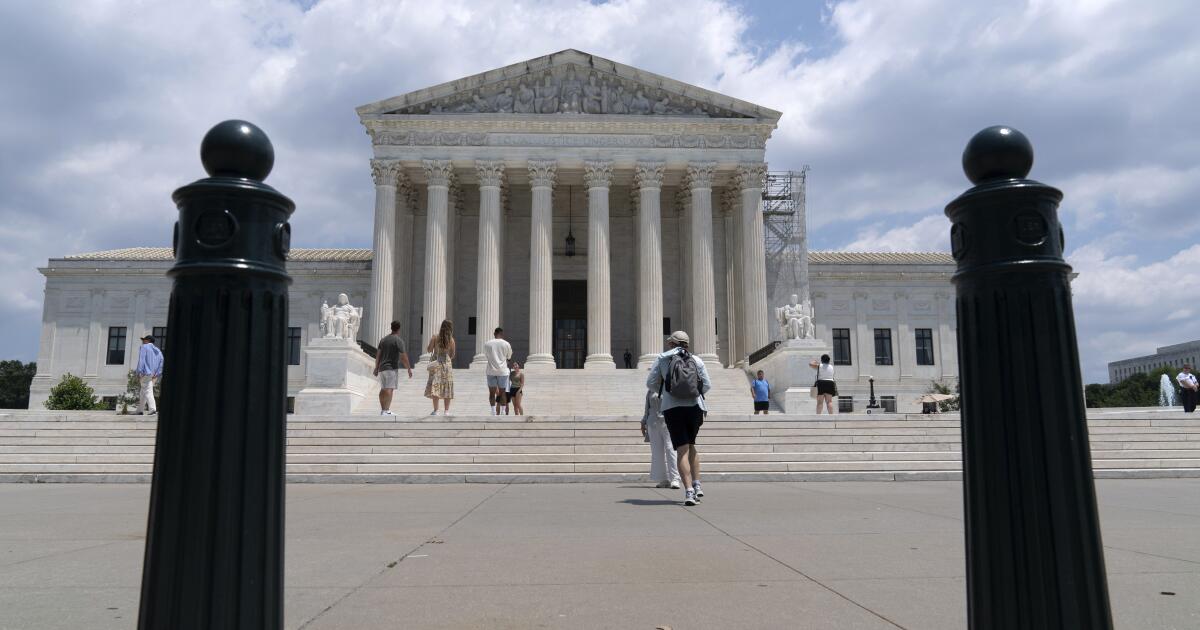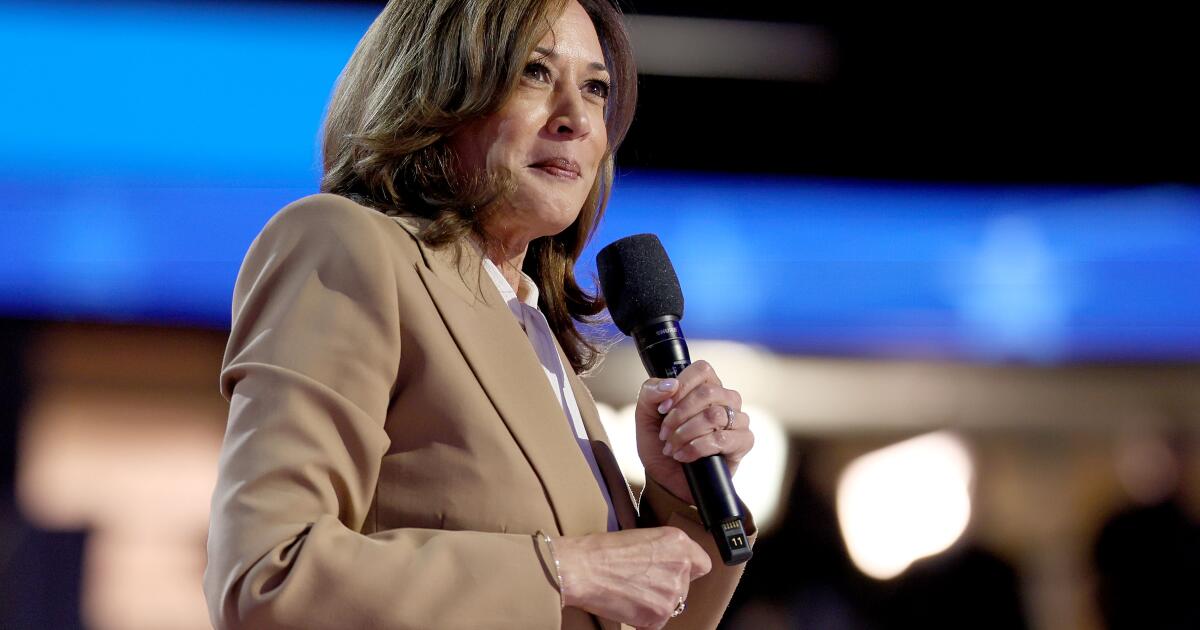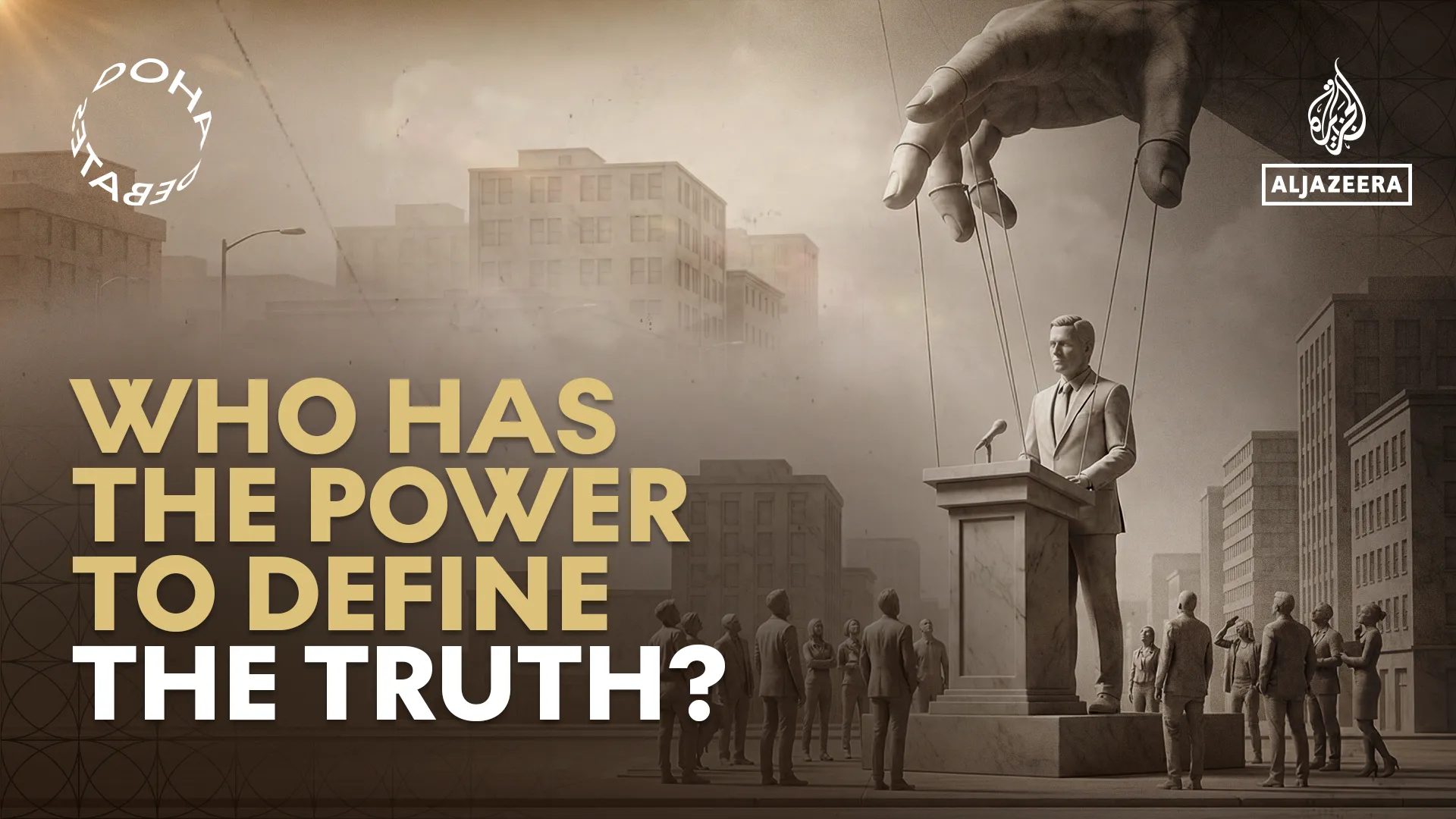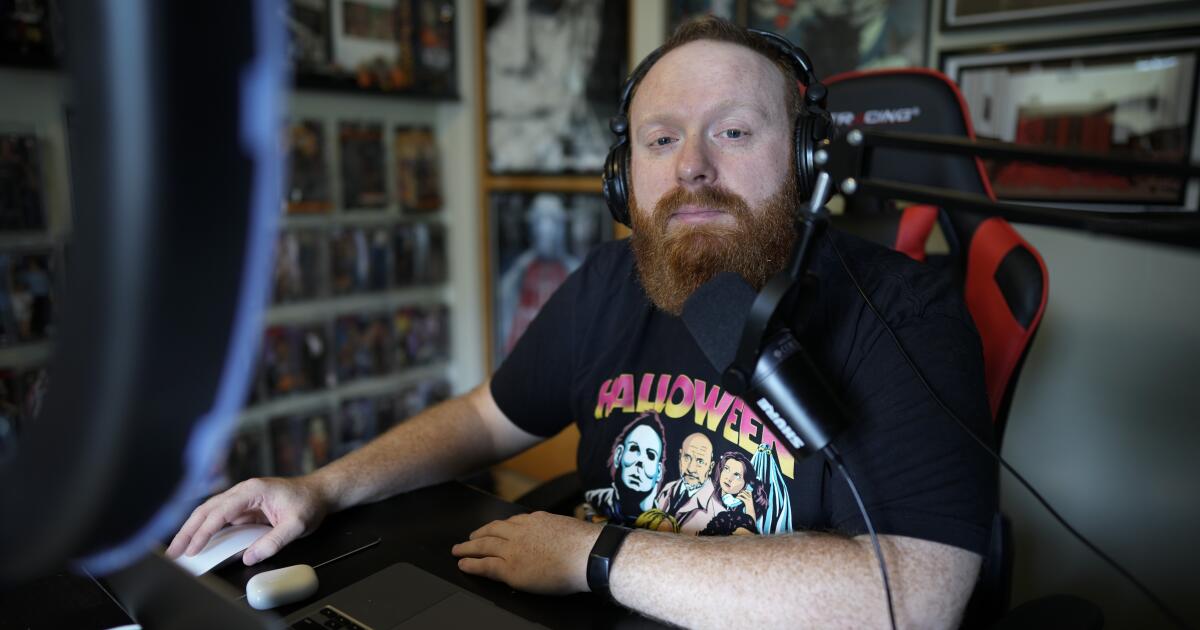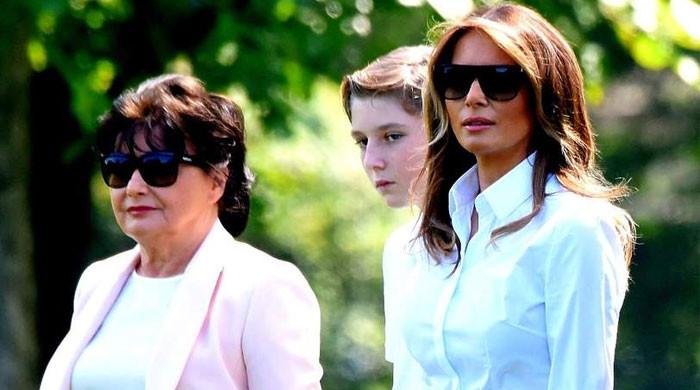Washington says Morales Urbina “exploited his position to facilitate a coordinated campaign to suppress dissent.”
The United States has imposed sanctions on Nicaragua's attorney general for what it says is her role in the government's “unjust persecution of political prisoners and civil society.”
Wendy Carolina Morales Urbina, attorney general since 2019, “has taken advantage of her position to facilitate a coordinated campaign to repress dissent by confiscating property from political opponents of the government without legal basis,” Brian Nelson, undersecretary of the US Treasury Department for terrorism and financial intelligence, he said in a statement Thursday.
Morales Urbina led efforts to confiscate the properties of 222 political prisoners who were put on a flight to the United States in 2023 and stripped of their Nicaraguan nationality, the Treasury Department said.
Under the order, the United States will block any property or interest she has in the country and prohibit US transactions with her.
The attorney general supported the “ruthless oppression of members of the peaceful opposition in Nicaragua by President Daniel Ortega and his wife, Vice President Rosario Murillo,” said US State Department spokesman Mathew Miller.
“We will continue to act against anti-democratic actors and human rights violators,” he added in a post on X.
The United States is sanctioning Nicaragua's Attorney General, Wendy Carolina Morales Urbina, for enabling Ortega-Murillo's oppression of the Nicaraguan people. We will continue to act against antidemocratic actors and human rights violators.
—Matthew Miller (@StateDeptSpox) March 21, 2024
Last year, the Ortega government stripped 300 people of their citizenship for alleged “terrorism.” Among them were the 222 political prisoners – including prominent opposition figures and student activists – who were sent to the United States after negotiations but were unable to return and went into exile after a law was passed that stripped them of their citizenship. .
Washington has opposed Ortega, a former Marxist rebel, since he led a revolution that overthrew a U.S.-backed government more than four decades ago, but his government's growing human rights violations have further excluded Nicaragua. of much of the West.
Morales Urbina was “key” in formulating policies that designated members of the Nicaraguan opposition as “terrorists” and blocked their financial resources with an “anti-terrorist” law, the Treasury Department said.
Previously, the State Department had included Morales Urbina on a corruption blacklist that prohibits him from entering the United States.
Ortega and Murillo already face heavy US sanctions as do many other officials, including judges.
Ortega initially ruled Nicaragua with popular leftist policies from 1979 to 1990. When he returned to power in 2007, he gradually strengthened his control over state institutions, cracking down on dissidents, including revered members of the Catholic Church.
More than 300 people died on April 18, 2018, when citizens took to the streets to demonstrate against austerity measures and social security cuts and the government responded with lethal force.
Amnesty International said last year in a report on the anniversary of the protests that Ortega's government has consolidated power through “excessive use of force, the use of criminal laws to unfairly criminalize activists and dissidents, attacks on society civil exile and forced exile.

